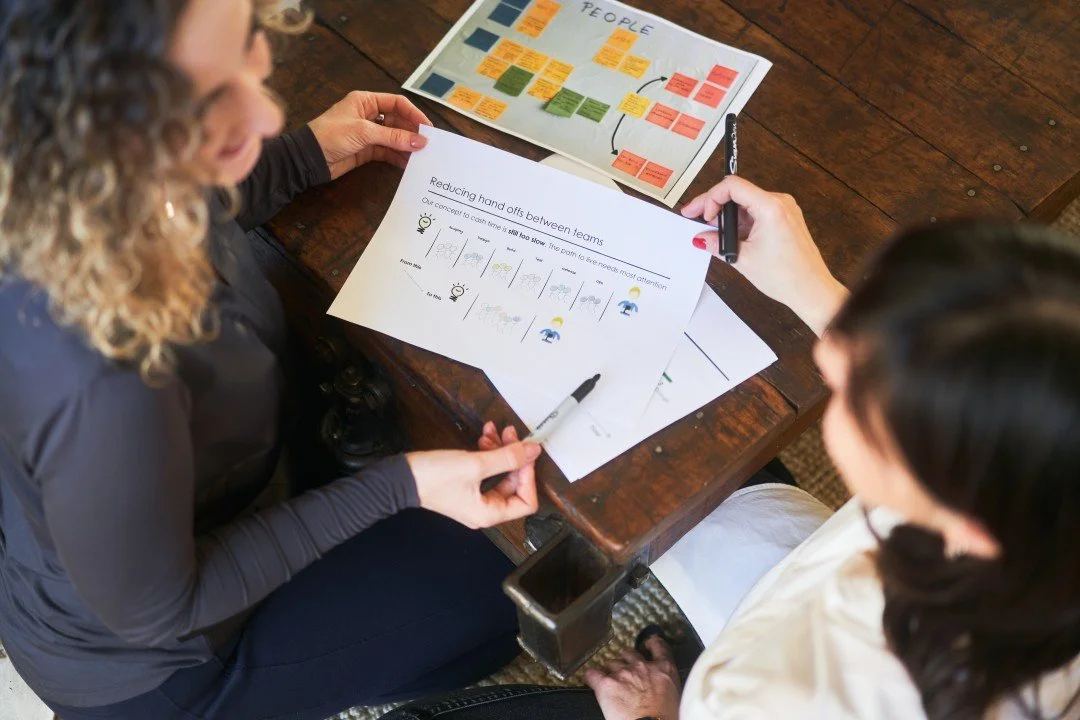4 tips on finding a mentor
4 tips on finding a mentor
From my experience as a mentee, here are my reflections and tips on mentorship.
Tip 1 - A great mentor will:
Help you set meaningful goals
Actively listen to your aspirations
Share their experience and offer advice
Offer honest and actionable feedback
Recommend resources to help you develop your knowledge and skills
Be there consistently to encourage you
Help you to find your own voice
Inspire you to keep reaching higher
Challenge you when you’re in need of some tough love
Tip 2 - To get a great mentor practice ASKING
Often when I speak to people about benefits of mentorship they say I don’t have a mentor but I would like one. Then my next simple question is “Have you asked anyone?” and way too many times the answer is “No”.
It sounds simple but it’s often the simplest way that is overlooked. If you come across people you look up to or admire for their level of knowledge, experience, approach or attitude, ask them whether they will be open to become your mentor.
Ask for a short meeting
Explain why you're looking for a mentor
Explain why you chose them
Secure a mentor: Here is an example:
“I am at the beginning of my career / I am new at this organisation and I am feeling a bit lost right now. I admire/ respect how you did X (give examples of what is it that they do with grace e.g. how they handled difficult conversations, navigate political organisations, are amazing at what you want to improve on), will you be willing to mentor me?’
Mentorship is not limited to workplace relationships. Your network is wide and deep so once you are clear on the type of mentor you need make a list of people you can ask. And start asking!
You might think, that is great tip Anna but what if they say NO?!
Tip 3 - Mentoring 101: People like being asked
Very early in my career when I was navigating busy schedules of many academics at University College London, someone gave me a great tip that worked magic since.
People like being asked for advice!
How do you feel when you hear ‘I really value your experience/expertise, could I get your advice, please’?
It feels quite pleasant, right? We feel valued, appreciated and acknowledged.
When we receive appreciation, our brain releases dopamine and serotonin, chemicals responsible for our emotions, and they make us feel 'good'. They enhance our mood immediately, making us feel happy from the inside and therefore open to helping others.
So if a potential mentor says, “Sorry, I would love to but I don’t have time”, ask them for advice. For example “Do you know anyone else who might be a good mentor candidate for me”?
You've already told them what you are looking for so someone in their network might be just the person you need. If they still say, “Sorry, I can not think of anyone right now”, gracefully thank them and ask to bear you in mind and let you know if they come across anyone suitable for you.
Asking for advice is a simple and often an overlooked way to help us learn new things and bond with people. You would be surprised by the doors and opportunities that can open for you!
Vanessa Van Edwards says, “The bonding power of asking someone for help is so great that you can use it to turn an enemy into a friend.” I know, mind-blowing!
Tip 4 - Securing a great mentor: Stay Grateful
Always end by thanking the person for the time they shared with you whether that is your mentor or a potential mentor, because:
Time is the most precious commodity, the one thing that we can’t get back and make more of.
The same chemicals that are released in other people’s brains when you offer your appreciation, get released in your brain when you are grateful. It makes you feel ‘good’.
Moment of Reflection:
Have you ever reached out to someone to be a mentor, how did it go?
If you like the practical tips in this blog, I think you’ll like my blog on preparing for public speaking.

